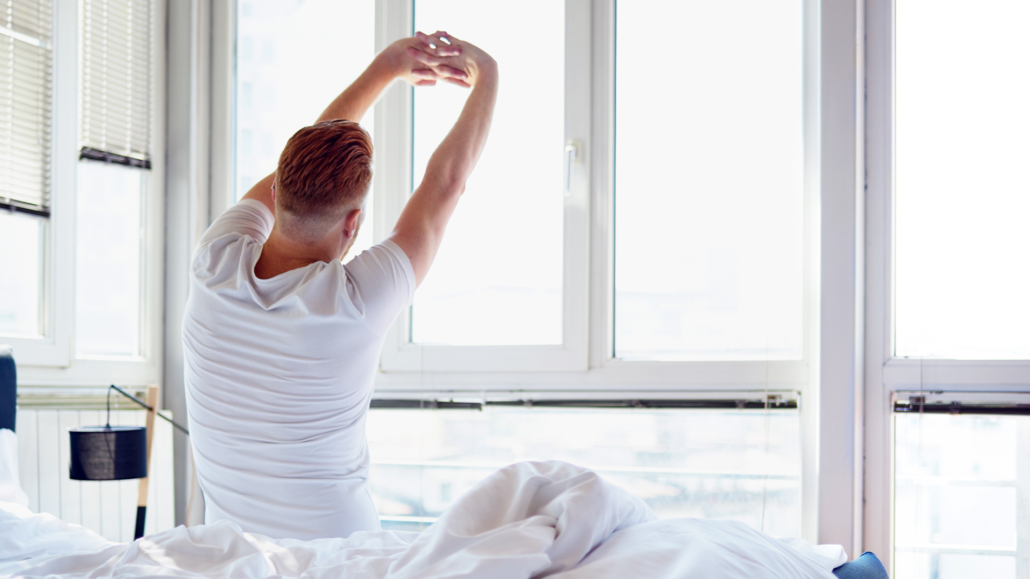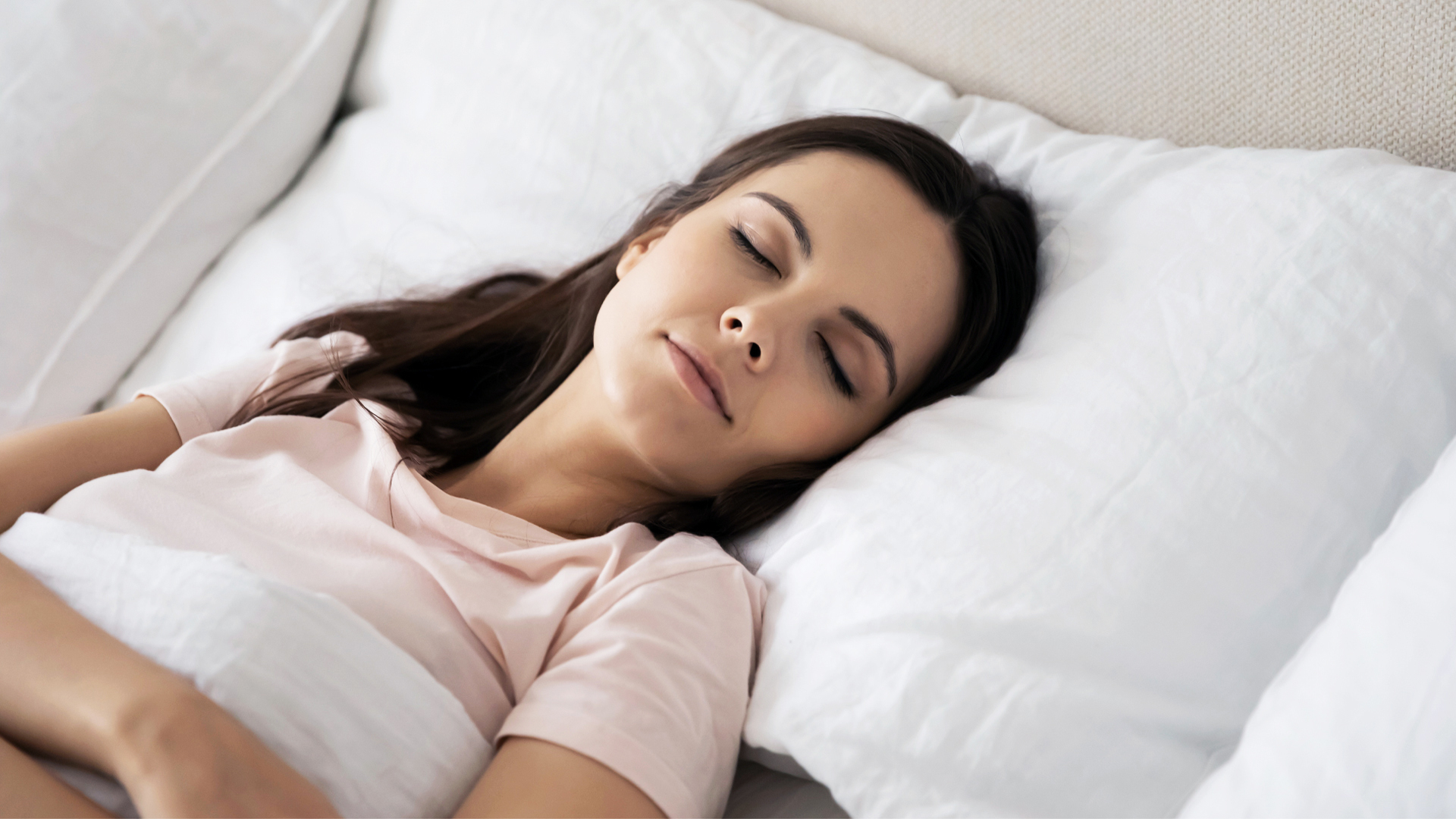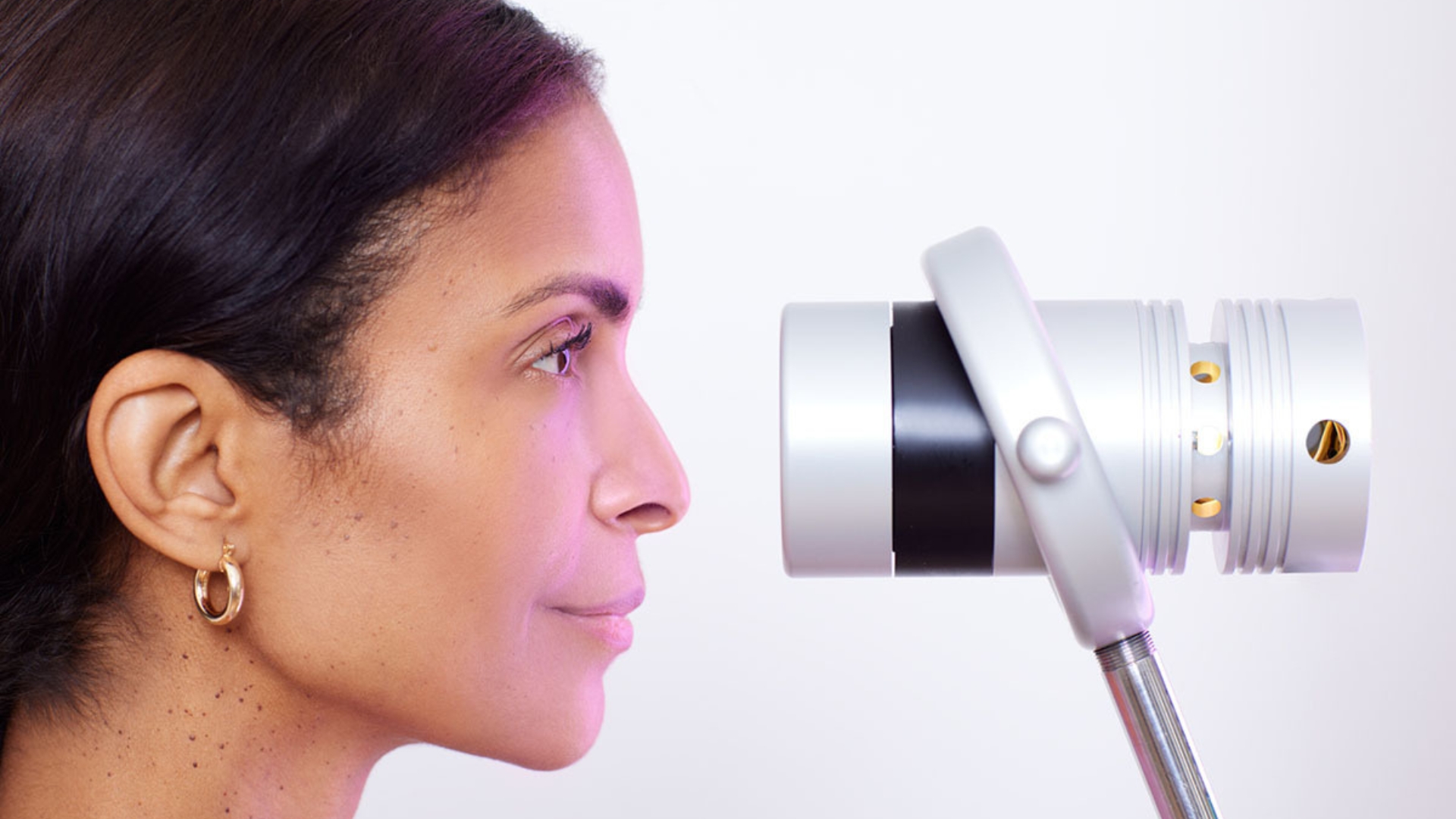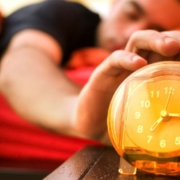Restorative Rest & Sleep: Just What The Doctor Should Order For Recovery
From microwavable meals to lightning-fast download and streaming speeds to next-day or even same-day package delivery, we’ve grown accustomed to quick or instantaneous results. And to the detriment of our well-being, this includes recovery time from illness. Many people are simply not resting long enough before they are back to the grind.
Could this be at least part of the reason why the estimated millions of people in the U.S. that suffer from “long Covid” have not been able to make a full recovery? With bills to pay and responsibilities to meet, it’s easy to see why many people return to the hustle and bustle of the real world well before they are 100% back to normal.
But not all that long ago, urban dwellers were prescribed long periods of rest in order to fully recover from an illness. And they had the ultimate supporting mechanism to do so.
For example, during the typhoid and tuberculosis epidemics of the 18th century, people were placed in convalescent homes until their vim and vigor were fully restored. Today, these recuperative health facilities are known as rehab centers. But unless you’re fabulously wealthy and retired, the cost of a rehab center is prohibitively expensive.
What if you’re running your own business or you’re an independent contractor or freelancer? Taking weeks off of work to get your health back to normal seems like an impossible luxury in this day and age.
Applying Ancient Sleep Wisdom to Modern Expectations
We can certainly use a back-to-the-future paradigm shift and rediscover the ancient practice of long-term convalescent homes. So, why are people no longer encouraged to take as long as necessary to recover from serious illness? After all, it wasn’t like people a century or two ago didn’t have to worry about paying bills. Regardless of why traditional convalescence has become an anachronism—be it health insurance costs; the corporatization of hospitals; hyper-capitalism, etc.—we can turn to a regenerative, therapeutic luxury in order to enhance recovery: sleep and constructive rest.
While you may not be able to take 14 days off of work to completely get over a nefarious virus or illness, you can honor your body’s natural rhythms. And in order to do that, the first step is to ignore the chatter in your brain that’s encouraging you to push through the pain or fatigue and be productive.
We’ve all been guilty of pushing through it while we’re sick. But chronically failing to pay attention to your body’s signals can have catastrophic consequences for your health. An apt analogy comes courtesy from The Mindfulness Project: Ignoring your body is the equivalent of slapping duct tape on your car’s check engine light.
Below are several ways to improve your sleep quality and get more constructive rest. But first, it’s important to understand how sleep is connected to recovery on a scientific level. Obviously, if you get a great night’s sleep, you feel totally refreshed and feel more energetic during the day. But on a deeper, cellular level, what’s really going on in the body? Let’s find out…
Science of Sleep & Recovery
Only a decade ago, the mechanism whereby the brain drains waste products was revealed in a study published in the journal Science. What the researchers discovered was that this mechanism is mainly active during sleep. The 2012 research employed new imaging technology that showed that the “glymphatic system” is responsible for clearing away toxic waste in the brain that scientists believe is responsible for Alzheimer’s disease and other cognitive disorders.
You’ve probably heard of the lymphatic system, but the glymphatic system? The researchers dubbed it just that because like the lymphatic system, the glymphatic system acts as a sewer system for bodily waste and toxins but it’s managed by glial cells, which are located in the brain and provide physical and metabolic support to neurons.
“The brain only has limited energy at its disposal and it appears that it must choose between two different functional states – awake and aware or asleep and cleaning up,” Maiken Nedergaard, MD, lead author of the article, told the University of Rochester Medical Center after the study was published.
Nedergaard, who serves as the co-director of the University of Rochester’s Center for Translational Neuromedicine, added, “You can think of it like having a house party. You can either entertain the guests or clean up the house, but you can’t really do both at the same time.”
Instead of cleaning up the house of our consciousness (the brain) by getting enough sleep or constructive rest through meditation and mindful breathing, we are choosing to entertain ourselves by binge-watching our favorite shows late into the night or following social media feeds.
This is to our detriment because Nedergaard’s research team found that during sleep, the brain undergoes the equivalent of a system upgrade on a smartphone. In fact, during this restorative time, brain cells shrink by 60%. While the shrinking of brain cells may seem counterintuitive to enhanced recovery and cognitive performance, this is a case when shrinkage is a good thing.
That’s because when brain cells shrink during restful sleep, the space between them increases so the toxins can be flushed away more effectively.
The Price Of Ignoring Bodily Signals For Recovery
Suppose it’s 3 p.m. and your body is signaling to you that you need a nap or at least some constructive rest. If you’re an employee working at a cubicle and it would be frowned upon to take a nap at your desk, take a cat nap or rest in your car. (Park a few blocks away to avoid being ratted out by a co-worker.) The other option is to not listen to your body and power through the rest of the day with the help of coffee.
Never mind for a moment the cortisol-disrupting effects of consuming caffeine in the afternoon, which creates a vicious cycle of not being able to fall asleep at night because the half-life of caffeine is approximately five hours. (And then you’ll need multiple cups in the morning to feel normal again.) Failing to pay attention to your body’s signals means that your brain can’t effectively remove toxins. This means that brain waste such as amyloid and tau proteins may build up in the brain.
In the long term, this puts us more at risk for developing neurological disorders. And in the short term, the failure to get enough sleep or constructive rest means that it may take us longer to recover from illness.
The journal appropriately called, Sleep, suggests that the failure to get enough restful sleep causes cell damage that predisposes one to replication errors and metabolic abnormalities that lead to chronic disease.
Tips for Optimizing Sleep For Better Healing & Recovery
Side Sleep
Is there a sleep position that’s more effective to stimulate our brain’s nightly detoxification process? A study in the Journal of Neuroscience supports side sleeping.
Don’t Stress About Lack of Sleep
How many times have you heard that for optimal health, you should get 7-9 hours of sleep? And how many times have you been stressed out precisely because you can’t fall asleep and you’re thinking about the fact that once again, you’re not getting 7-9 hours of sleep?
But don’t stress out about not getting a lot of sleep. More important than sleep quantity is sleep quality and engaging in constructive periods of rest during the day. Even if you’re only getting 5 hours of quality sleep, this could be enough to flush out brain waste and give your body a complete systems upgrade.
If you’re in doubt about this, ask yourself why is it that monks and other spiritual gurus can get by on as little as 1-2 hours of sleep? It’s simply because they are able to turn off their brains while they are awake through meditation, visualization, and other active recovery techniques such as Tai Chi, Qi Gong, slow stretching, and conscious breathing exercises. Monks may not have full-time jobs that require punching the clock, but most of us can take time during our day to disengage our mind no matter how much work or stress we have.
Practice Good Sleep Hygiene
You practice good dental hygiene by brushing and flossing every day. Restorative sleep also requires daily, sound hygiene hacks such as grounding sheets, progressive muscle relaxation technique, not drinking caffeine in the afternoon, not watching TV or looking at screens at least two hours before bed, going to sleep at the same time every night (well before midnight) and eating dinner early.
Pay Attention To Circadian Rhythms
Stop fighting your body’s internal clock (circadian rhythms). You’re supposed to feel at least a little drowsy an hour or two after sunset. And if your body is telling you to get up at first light, don’t reason with your brain that you should get a full 8 hours of sleep and sleep in until 9 a.m. This could make you even drowsier. Going to sleep by 10 p.m. and waking up at first light is the best way to optimize your levels of the see-saw, wake/sleep hormones, cortisol, and melatonin.
Blue-light emitting smartphones and smart TVs are easy temptations that can profoundly interfere with our circadian rhythms. In light of this, next time it’s 10 at night and you’re tempted to watch a show or check your Instagram feed, ask yourself if that’s more important than power washing your brain and helping your body recover from the day or from a prolonged illness.
Supplements
There are several supplements that may enhance sleep quality, including magnesium, zinc, chamomile, passionflower, hops, lemon Balm, L-Theanine, GABA, and 5-HT and Nadovim.
In addition, adaptogenic herbs, also known as adaptogens, such as ashwagandha have demonstrated calming effects in research studies as well as recovery from metabolic stress. Adaptogens work in a non-specific way. This means that unlike a singular-action pharmaceutical drug such as a blood-pressure-lowering-medication, adaptogens help restore homeostasis (balance) in the body’s myriad systems. Adaptogens are also unique in that they may help calm hyperactive systems in the body and kick-start sluggish ones.
Innovative Medicine
And if these sleep hacks aren’t enough, Innovate Medicine offers many cutting-edge solutions for sleep and recovery that may help reset hormones and glandular function. Some of these techniques include Advanced European biological medicines (Spagyric medicine); the French energy-balancing technique, ACMOS Method; Sound wave therapy; Biosyntonie treatment which shields from harmful electromagnetic pollution; and trace mineral therapy (oligotherapy).

Disclaimer: The statements made in this article have not been evaluated by the Food and Drug Administration. Any products or treatments mentioned are not intended to diagnose, treat, cure, or prevent any disease. Please consult a licensed medical practitioner for medical advice.
At Innovative Medicine, we believe in transparency. We want you to know that we may participate in affiliate advertising programs pertaining to products mentioned herein.
See how we can help you restore complete health of body, mind & spirit.
Join our mailing list and receive exclusive offers + information!







Leave a Reply
Want to join the discussion?Feel free to contribute!